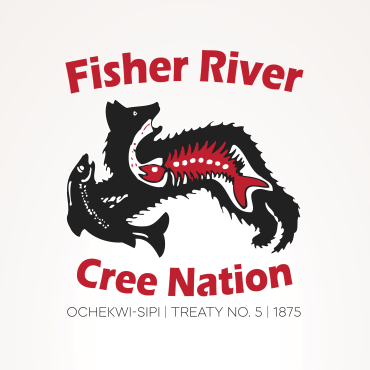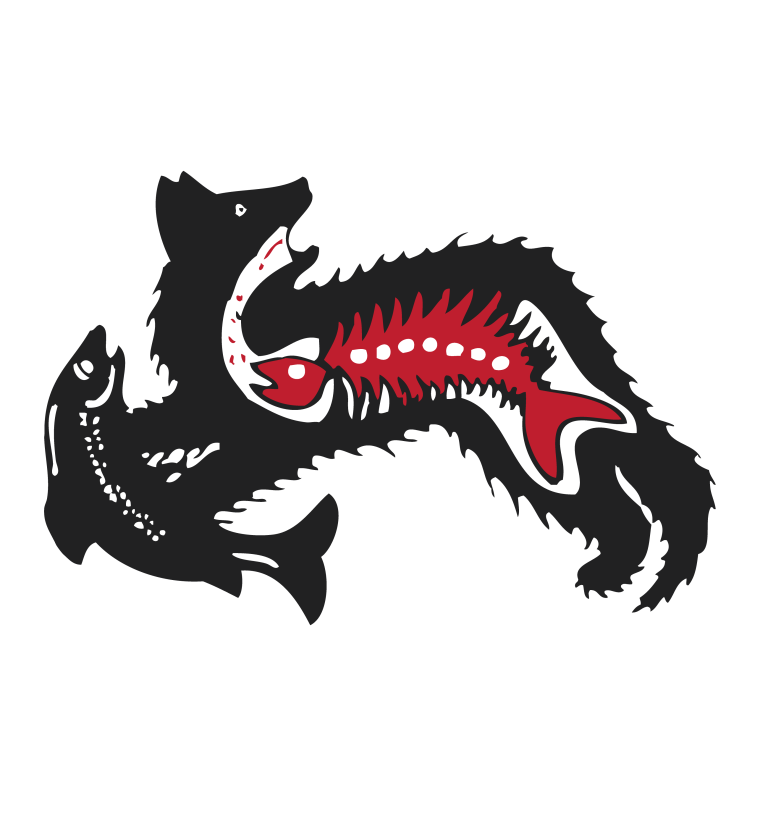FISHER RIVER — Growing up just east of Sault Ste. Marie, Ont., in Garden River First Nation, Ted Nolan didn’t have much.
The family home, which housed Nolan, his parents and 11 other siblings (six brothers and five sisters), didn’t have running water or plumbing. The toilet was outside the home, and that wasn’t even the worst of it.
“There were times I’d wake up in the middle of the night freezing cold because the wooden stove had broken down,” Nolan told a large group of Fisher River High School students, parents, teachers and community members during a keynote address as part of the 11th annual Brightening Our Paths Youth Conference at the local community hall on Friday morning.
“Oftentimes, I’d head off to school grabbing just a piece of fried bread for breakfast. A lot of the time I went hungry.”
Despite his childhood poverty, Nolan held onto his dream of playing in the National Hockey League, even if that meant learning how to skate in his first pair of skates by inserting rubber boots inside of them.
Even before jumping into the competitive hockey ranks for the first time during the 1975-76 season with the Kenora Thistles of the Manitoba Junior Hockey League, Nolan built up a four-step platform that he believed would lead to success: Work hard, persevere, gain knowledge and believe.
“Sometimes people questioned my work ethic but I think I’ve got an extremely hard work ethic considering where I came from,” the 59-year-old told the Winnipeg Sun. “With perseverance, sometimes it’s not so easy to persevere through something that you’re not feeling comfortable doing. Gaining knowledge is about learning how to when people tell you you’re not good enough, even if you’re wondering why you’re not good enough. And if you don’t believe, who else is going to believe?”
It served him well over his 78-game NHL career, which was cut short by a serious back injury when he was 26, and into his coaching career that included a Jack Adams Award as NHL coach of the year and leading the Sault Ste. Marie Greyhounds to Canadian junior hockey supremacy in 1993. He relayed that platform to the crowd in Fisher River, stressing the belief factor.
“If you don’t believe, it’s not going to work,” Nolan said. “You always have to believe.”
Fisher River students Koby Wilson and Kyle Cochrane took Nolan’s message to heart.
“He’s an inspiration,” Wilson said following Nolan’s address. “He makes you want to believe in your dreams and push through the obstacles that are in your way.”
Cochrane agreed with his classmate.
“He makes you believe you have the ability to do whatever you want, even though it may not be easy to see,” Cochrane said.
Nolan also noted the importance of raising First Nation boys into gentlemen and respecting women. He noted that without strong women, reserve life is challenging.
“I really believe a strong woman results in a strong family, which leads to having a strong community,” he said.
Nolan remains heavily tied to his Ojibwe roots and is proud of the work The Ted Nolan Foundation, which, annually awards the Rose Nolan Memorial scholarship (in honour of his mother who died at the hands of a drunk driver) to female First Nations student-athletes, does. Since 2013, Nolan and two of his brothers created the 3|NOLANS First Nation Hockey School to offer hockey skills camp to youth, while at the same time teaching the value of living an active healthy lifestyle and the importance of being a positive role model in the community.
Last September, he also made a $75,000 donation to seven universities and colleges across the country, including the Regina-based First Nations University of Canada.
His philosophy has always been, “If you feel good in what you’re doing, good things will happen.” Nolan firmly believes the future of First Nations youth is bright and will only continue to shine brighter.
“Growing up where I grew up in Garden River First Nation and going through what I went through, it’s no word of a lie when I played my first (NHL) game … I always knew I wanted to be here,” Nolan said. “I wanted to share my story to so many of our kids.”
[email protected]
Article courtesy of Winnipeg Sun
[wds id=”5″]




